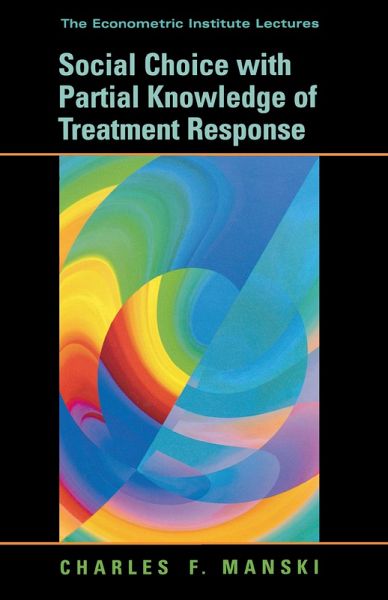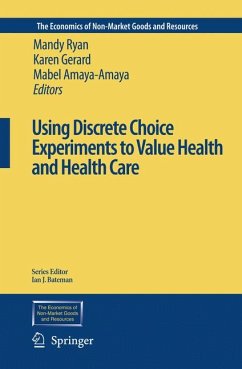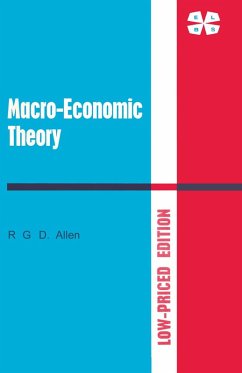
Social Choice with Partial Knowledge of Treatment Response (eBook, PDF)
Versandkostenfrei!
Sofort per Download lieferbar
61,95 €
inkl. MwSt.
Weitere Ausgaben:

PAYBACK Punkte
31 °P sammeln!
Economists have long sought to learn the effect of a "treatment" on some outcome of interest, just as doctors do with their patients. A central practical objective of research on treatment response is to provide decision makers with information useful in choosing treatments. Often the decision maker is a social planner who must choose treatments for a heterogeneous population--for example, a physician choosing medical treatments for diverse patients or a judge choosing sentences for convicted offenders. But research on treatment response rarely provides all the information that planners would ...
Economists have long sought to learn the effect of a "treatment" on some outcome of interest, just as doctors do with their patients. A central practical objective of research on treatment response is to provide decision makers with information useful in choosing treatments. Often the decision maker is a social planner who must choose treatments for a heterogeneous population--for example, a physician choosing medical treatments for diverse patients or a judge choosing sentences for convicted offenders. But research on treatment response rarely provides all the information that planners would like to have. How then should planners use the available evidence to choose treatments?
This book addresses key aspects of this broad question, exploring and partially resolving pervasive problems of identification and statistical inference that arise when studying treatment response and making treatment choices. Charles Manski addresses the treatment-choice problem directly using Abraham Wald's statistical decision theory, taking into account the ambiguity that arises from identification problems under weak but justifiable assumptions. The book unifies and further develops the influential line of research the author began in the late 1990s. It will be a valuable resource to researchers and upper-level graduate students in economics as well as other social sciences, statistics, epidemiology and related areas of public health, and operations research.
This book addresses key aspects of this broad question, exploring and partially resolving pervasive problems of identification and statistical inference that arise when studying treatment response and making treatment choices. Charles Manski addresses the treatment-choice problem directly using Abraham Wald's statistical decision theory, taking into account the ambiguity that arises from identification problems under weak but justifiable assumptions. The book unifies and further develops the influential line of research the author began in the late 1990s. It will be a valuable resource to researchers and upper-level graduate students in economics as well as other social sciences, statistics, epidemiology and related areas of public health, and operations research.
Dieser Download kann aus rechtlichen Gründen nur mit Rechnungsadresse in A, D ausgeliefert werden.













